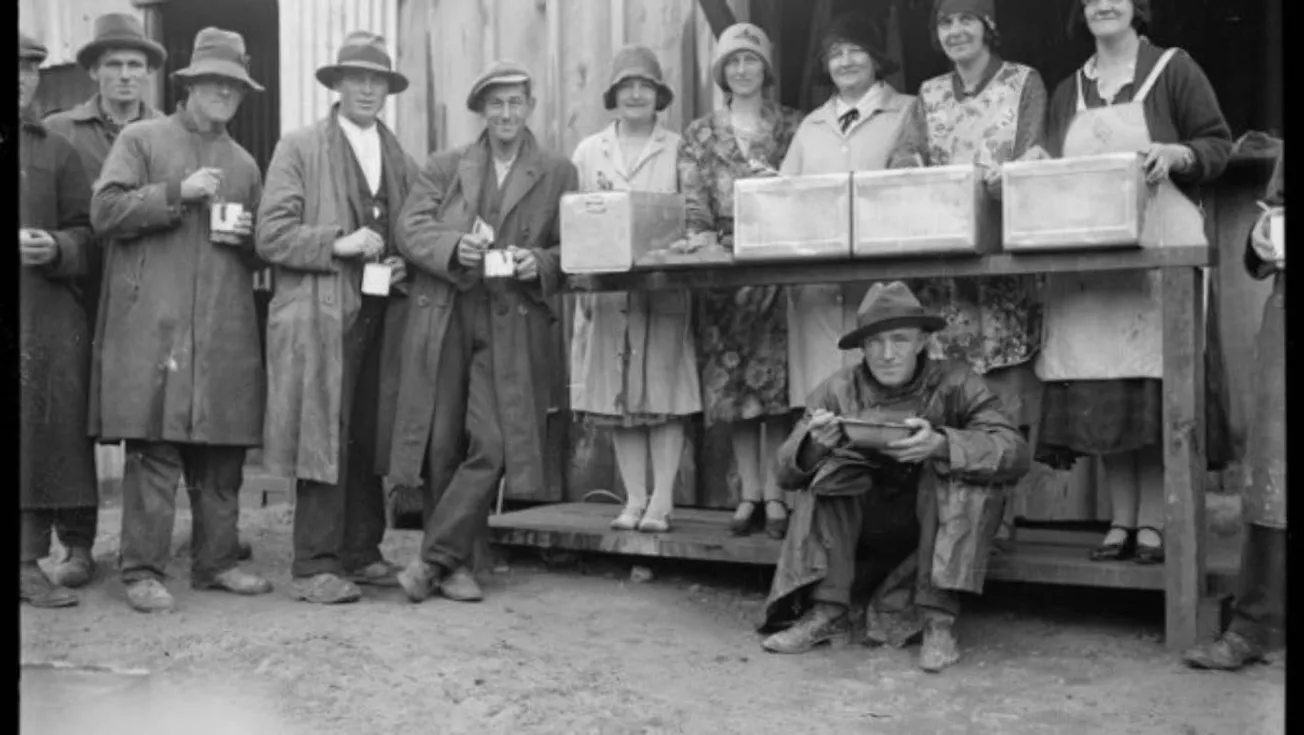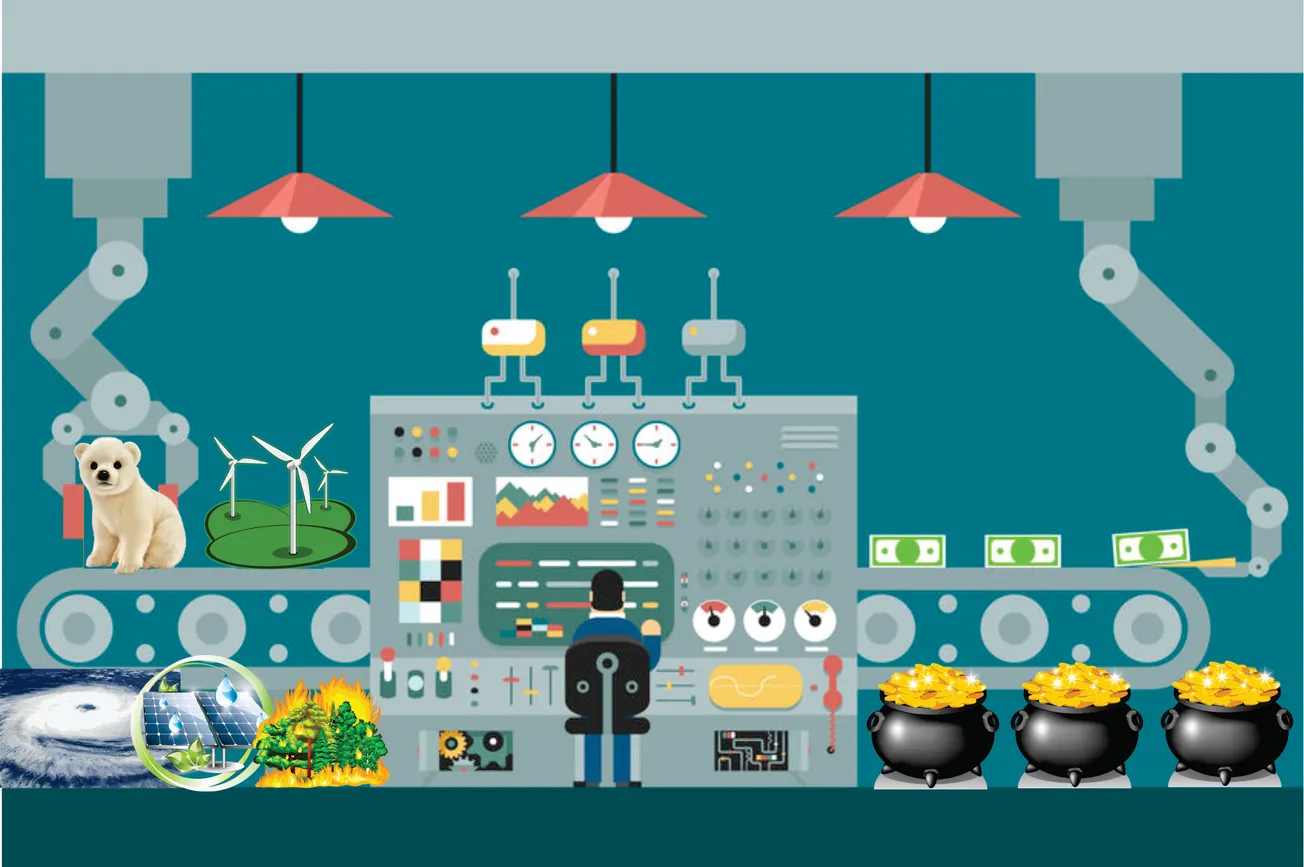Table of Contents
As a vehicle for global transformation, and from the viewpoint of ‘progressives’, COVID is the gift that keeps on giving. We are constantly being reminded that we are on a ‘war footing’, and so have entered a political form of ‘long COVID’, set to last for years, in which the state will continue to intervene in the economy in unprecedented ways and civil liberties will continue to be eroded.
After both world wars, Britain and the Western world moved to the left, with the role of the state ballooning until Mother England, broken and practically communist, widely regarded as the ‘sick lady of Europe’, awoke to the Thatcherite revolution. In contemporary Britain, Labour in opposition has come up with the exact same solutions which include big government, huge taxes and minimal personal freedom.
In pubs across Britain, people are now told what they can drink and how to use the toilet. In puritan Scotland, the customers are prohibited from even listening to music, which includes the radio.
Here in New Zealand, of course, we already have an unbridled Labour government. Left-wing media giant Bloomberg recently ranked us as “the best place to be during the coronavirus pandemic.” This endorsement, however, has a sting in its tail: for as long as we wish to remain virus-free, we will have to remain physically isolated from the rest of the world.
Ardern has recently conceded, as The BFD has long been saying, that New Zealand will need to have a certain level of COVID-19 herd immunity before border restrictions can be significantly altered. But we won’t achieve that herd immunity without altering border restrictions.
The ‘People’s Prime Minister’ appears stuck. But, in fact she isn’t, because she has got us exactly where she wants us and is busy rolling out the Post-COVID State without having to worry too much about COVID itself.
Ardern said on election night, in response to the ‘pandemic’, that she would “build back better“, a term which is being adopted throughout the world including the Democrat-controlled United States and in Boris Johnson’s allegedly ‘conservative’ Britain. The principle of Build Back Better is yet another United Nations edict, this time based on the Sendai Framework. The framework uses disasters as a trigger to create ‘more resilient’ nations and societies than before, which may, by definition, also be different to the ones which came before.
Radical societal and economic change is a necessary feature of Build Back Better because Sendai is concerned not only with replacing economic drivers, but also affecting societal and cultural change. The framework was adopted by the UN General Assembly in 2015.
Here is what Greenpeace says will happen if Ardern makes good her promise to Build Back Better:
- ‘It will be convenient and comfortable to get around’ because ‘the Government chose to invest its multi-billion dollar infrastructure fund in public transport including trams, bike paths…’ and inter-city trains. Very few of us will drive, and for the socialist elite who can afford to, the future is purely electric.
- ‘The countryside’ will be ‘thriving. In New Zealand’s rural heartlands, the land [will] look lush and the animals healthy. There are a lot less muddy paddocks packed tight with cows. Instead you spot a few cattle, sheep and deer under the shade of big fruit and nut trees. Veggies and grain crops thrive amongst the trees and animals. Rivers and streams are surrounded by lush, regenerating native bush, and you spot native fish darting through the clear water. It almost looks more like a forest than the industrial farms you were used to in 2020.’
- ‘…in the cities … you barely remember what it was like to buy a drink in a plastic bottle, only to chuck it away after one use. Ever since the Government introduced mandatory refillable containers, all of your drinks now come in glass bottles that you return for sterilisation and re-use. You’ve noticed the difference – there’s so much less litter on the streets. It’s also created a lot of new local jobs.’
- ‘COVID-19 was a big blow to the tourism industry, so the Government acted fast to create new jobs in tourism hotspots. The flagship programme was the Conservation Corps. Tens of thousands of New Zealanders’ have been co-opted ‘planting native forests, removing pests, and helping native species to thrive. Iwi-led projects restored huge areas of forest.’
- ‘You’ve always lived in rentals and you remember how you used to have to put on a puffer jacket just to sit in the lounge in winter. But things have changed so much since then. Heaps of new houses are being built and they’re all required to meet the highest insulation standards. They’ve even got solar panels on the roof and rainwater collection. They’re becoming a lot more affordable too.’
All of this sounds extremely utopian, but how could it actually happen? The UN has identified, as part of its Agenda 2030, that “debt is an obstacle to sustainable development goals.” The New Zealand government is currently monetarising debt in order to keep afloat, as well as to meet more modest goals. But in order to enact the left’s agenda fully in a country which, without tourism and commercial agriculture, no longer earns income, it stands to reason that an overhaul of the monetary system is required.
Debt would either have to be forgiven, or New Zealand would become so indebted that it would be forced into default. The price to be extracted from this is that private ownership would cease and our dollar, if it still existed, could no longer float. We would become a closed, command economy the likes of which even Muldoon could not have countenanced.
The only way a multi-billion investment in public transport infrastructure can be ‘cheap’ to the user is if the state subsidises it. The only way farmland can be returned to forest and farmed extensively is if the state owns it and leases it back to a newly created proletariat of peasant farmers on peppercorn rents.
Under this new agrarian model, everyone is employed by the state, either in surveillance – forcing people to drink out of glass bottles, reporting a neighbour who hoards verboten plastic – or in forced government labour schemes planting trees on behalf of the ‘native custodians’. It’s the Great Depression of the 1930s all over again, only packaged to look woke. Worse than that, it’s a return to the People’s Republic of China before Mao’s Great Leap Forward.
Forget international travel, my friends, you’ll be locked up here for good, beavering away at your state-assigned job and saving your food stamps for use in the bread queue. Property law and civil rights (established, ironically, under the Treaty of Waitangi) will be consigned to the memory hole. There would be no reason at this point not to become a single-party state, where you can expect the best allocations to go to the elite of the People’s Congress, who will be the only ones with access to whatever asset wealth remains.
Expect resource allocations to also be race- and belief-based. If you are white and were middle-class and conservative back when class and freedom of belief still existed, expect to spend the remainder of your days peeling kumara or milking the iwi’s singular pet sheep while Ardern, Dear Leader for life, commutes between a re-natured Ponsonby Road and the walled city of Wellington on her hovertrain.
Please share this BFD article so others can discover The BFD.









